We're an affiliate
We hope you love the products we recommend! Just so you know, we may collect a share of sales or other compensation from the links on this page. Thank you if you use our links, we really appreciate it!
Is your van feeling colder or warmer than preferred? Ensuring your van is correctly insulated is essential to a comfortable, energy-efficient vehicle. Insulation also helps reduce condensation and dampness inside – an issue with vans.
Understanding the various aspects of van insulation will help you make the best decisions for your needs. Whether you are looking to use your van for camping trips or as a mobile home. From A to Z, this article will cover everything you need to know about van insulation, including the materials used, the installation process, and tips on maintaining it.
Cheapest Way To Insulate a Van
Insulating a van is an important process for ensuring your comfort and safety, no matter where you are traveling or camping. The good news is that it does not have to be expensive.
There are many economical ways to insulate your van that can mean energy savings and enhanced comfort. Everything from fiberglass insulation and foam board to mineral wool and cotton batt insulation is a fraction of the cost of other materials.
All these options are easy-to-install and use materials found at any home improvement store. With the right tools and preparation, you can achieve a superior level of insulation while also keeping costs down.
Van Insulation for Hot Weather
Many van owners may not realize the benefits of implementing insulation during hot weather. A well-insulated van will stay colder when the sun shines directly through your windows. Additionally, investing in insulation can keep your van cool year-round and drastically contribute to energy efficiency, saving you money over time.
The best type of insulation is closed-cell spray foam because it is relatively inexpensive, easy to install, and provides good fire resistance. Insulation should be against hard surfaces like metal or wood so that it is secured and airtight.
If done properly, your van will remain much more comfortable in hot weather temperature changes and make a much more enjoyable interior experience for all.
Van Insulation Kit
Van insulation kits are a promising investment for anyone who wishes to reduce energy loss from their vehicle. These kits typically include foam sheets, air seals, and self-adhesive foams easily fitted for your van’s windows, floors, and walls.
You can find a wide range of van insulation kits online, the best ones typically coming in packages with the essential components needed for installation. Prices vary depending on the kit you decide to purchase, so do your research to ensure you are buying one that will fit your needs – and fit right into your budget.
Wool Insulation for Van
Wool insulation is an ideal choice for individuals looking to insulate their van. As a natural and renewable material, wool insulation is highly breathable. Wool insulation provides outstanding thermal efficiency due to its ability to maintain the warmth required in the colder months while allowing air circulation in warmer climates.
Furthermore, it assists in managing condensation through both absorbency and wicking capabilities – keeping temperatures consistent and your home insulated. However, since wool does come with higher installation costs than synthetic alternatives, you must decide if this type of insulation is worth the investment for your specific needs.
Installing Wool Insulation
Wool insulation is easy to install on walls and floors, whether you use panels or stuffing between wooden studs. Wool insulation provides superior warmth in colder climates and closely regulates temperatures throughout summer. This instance makes wool insulating an attractive option for anyone looking for reliable year-round insulation.
When installing wool insulation, ensure no gaps or weak spots, as this will result in heat loss or air leakage. Additionally, the best practice is to clean up any debris accumulated during the installation process so that mildew or mold does not form on the walls of your home away from home. Overall this insulation can result in increased comfort due to its remarkable temperature-regulating properties.
Image: stephmal0ne
Van Floor Insulation
Quality van floor insulation is crucial for keeping passengers warm and comfortable and ensuring energy efficiency. A little research can help you find the best insulation material to meet your climate and budget needs.
Polystyrene foam and enclosed bubble wrap are popular choices among van owners due to their affordability. On the other hand, reflective barriers and natural fiber insulation offer superior insulation performance while remaining lightweight and easy to install.
Image: rachandlau
Maintaining Van Floor Insulation
Keeping the floor of your van insulated doesn’t just require picking out the right materials – you must regularly maintain the insulation too. Dirt buildup can be avoided with regular inspection, leading to improved air circulation and better overall thermal performance.
Vacuum or wipe down the floors regularly, especially in areas that tend to gather more dust or debris (such as where shoes go). By following these simple steps, you can ensure that your van remains a comfortable living space for many years!
Installing Van Floor Insulation
Installing van floor insulation may seem intimidating, but with some materials and guidance, it’s simple. Here are some steps to keep in mind:
- Decide what type of insulation you need; most people gravitate to foam or fiberglass board insulation, but reflective aluminum will do the job efficiently as well.
- Use your measurements to cut pieces that fit snugly in your van floor spaces, which can be tricky if you want an airtight seal.
- Take all necessary safety precautions when working with insulation, such as wearing protective eye gear and gloves.
- Fill in any gaps between the boards with caulk and secure the material with construction adhesive for longevity.
- Taking care of your van floor insulation is crucial for safety and optimal performance. Regularly check for holes, tears, loose joints, and worn spots on existing material to prevent major repairs later.
Van Insulation and Soundproofing
Van insulation and soundproofing are effective ways to reduce noise levels and add a layer of safety to your vehicle. Whether you’re traveling long distances or just taking a daily commute, it’s beneficial to consider soundproofing your van – the advantages are numerous!
From improved fuel efficiency and reduced engine noises to better air conditioning, soundproofing your van can offer both comfort and convenience.
Despite these potential benefits of soundproofing your van, there are drawbacks too. It can be expensive to purchase materials and have a professional do the job correctly; depending on the model of the van, some areas may not be reachable; it could also require more regular maintenance due to dampness in certain climates.
Before making any decisions, ensure you weigh up the pros and cons carefully and make an informed decision that works best for you.
Types of Van Insulation and When To Use Them
Image: t5reids
When dealing with van insulation, it’s important to understand the range of options available as each type can offer unique benefits for different applications.
Polyethylene foam is lightweight and provides superior thermal insulation properties due to its closed-cell structure, making it ideal for refrigerators or freezer vans.
Polyisocyanurate foam board is more lightweight than similar forms of insulation but offers greater protection from heat and cold without compromising on durability, making it an excellent choice for both lorries and minivans alike.
Additionally, spray foam can be used to help insulate hard-to-reach areas effectively by creating an airtight seal between surfaces.
Of course, all types must be installed correctly to get the best performance and levels of comfort out of them. Selecting the right type of van insulation requires thinking carefully about the specific application that needs to be insulated as well as any potential obstacles such as moisture or extreme temperatures.
How To Maintain Van Insulation
Maintaining insulation in your van is an important step in keeping yourself comfortable while on the go. In addition to offering protection from the elements, insulation acts as a thermal barrier to minimize heat transfer, making sure you and your passengers are comfortable all year round.
To ensure your insulation stays effective, regularly inspect it and repair any degradations that have occurred over time. Make sure to keep the area around and away from insulation free of dirt and debris which can be abrasive against vulnerable materials like fiberglass or foam.
Check for any cracks or tears caused by impact or wear and tear, and repair as necessary with silicone sealer or a suitable replacement material; then properly clean and dry the area before applying new or re-used approved insulation material.
Maintain temperature control within your vehicle by ensuring that windows and hatches are sealed correctly to prevent unwanted airflow – this will also help maintain fuel economy while driving.
Be sure to look over all fittings periodically to make sure they are fastened firmly in their designated locations. Following these simple tips will ensure you have reliable van insulation for years to come!
Summary
Insulating your van is an important step toward getting the most out of your adventure. An insulated van can offer you comfort and convenience on long journeys as well as provide an environmentally-friendly way to reduce your energy costs over time.
With the comprehensive knowledge and guidance this article provides, you should be well-equipped to start transforming your van into a pleasant living space. Get ready for safe, comfortable travels – no matter what climate or terrain!


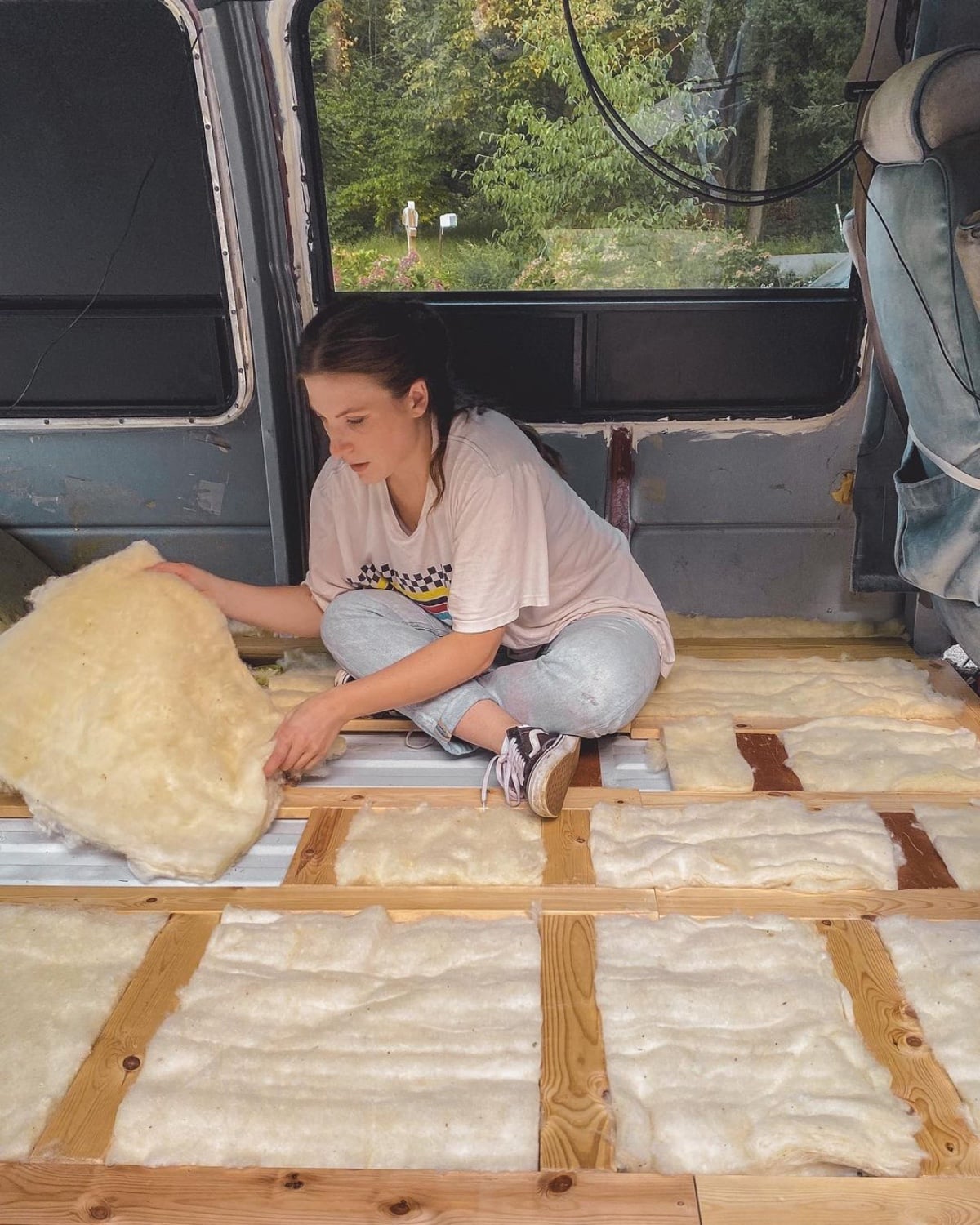
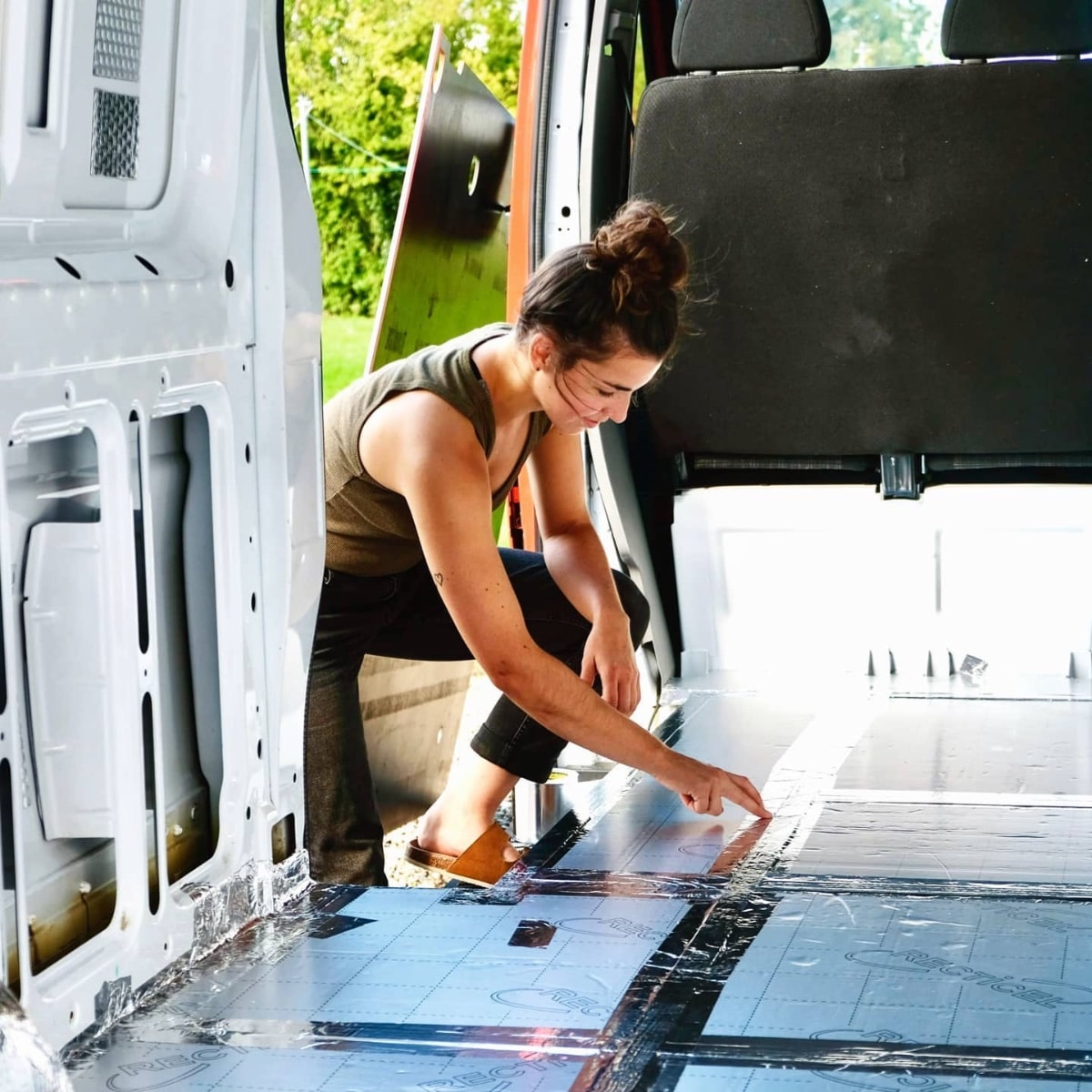
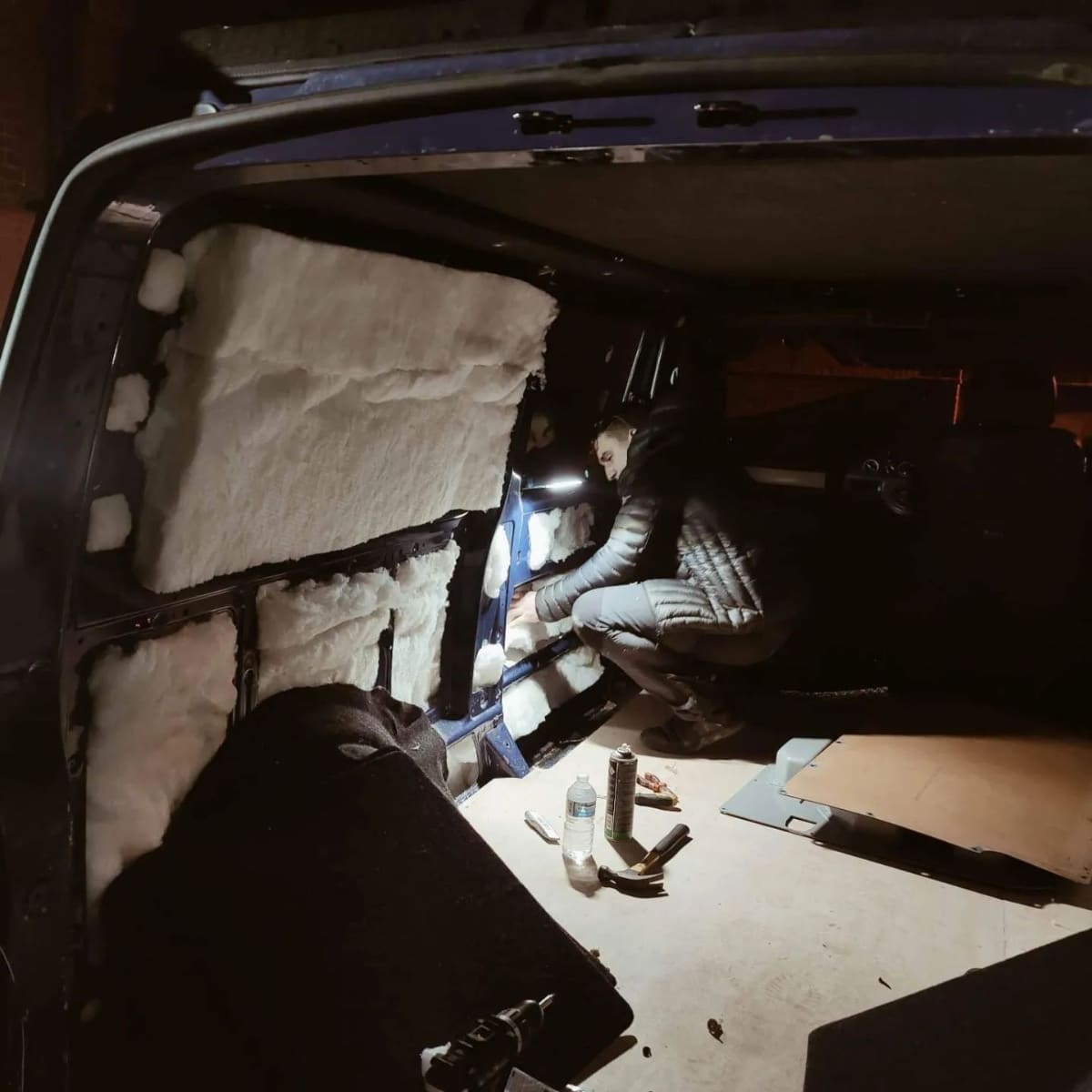
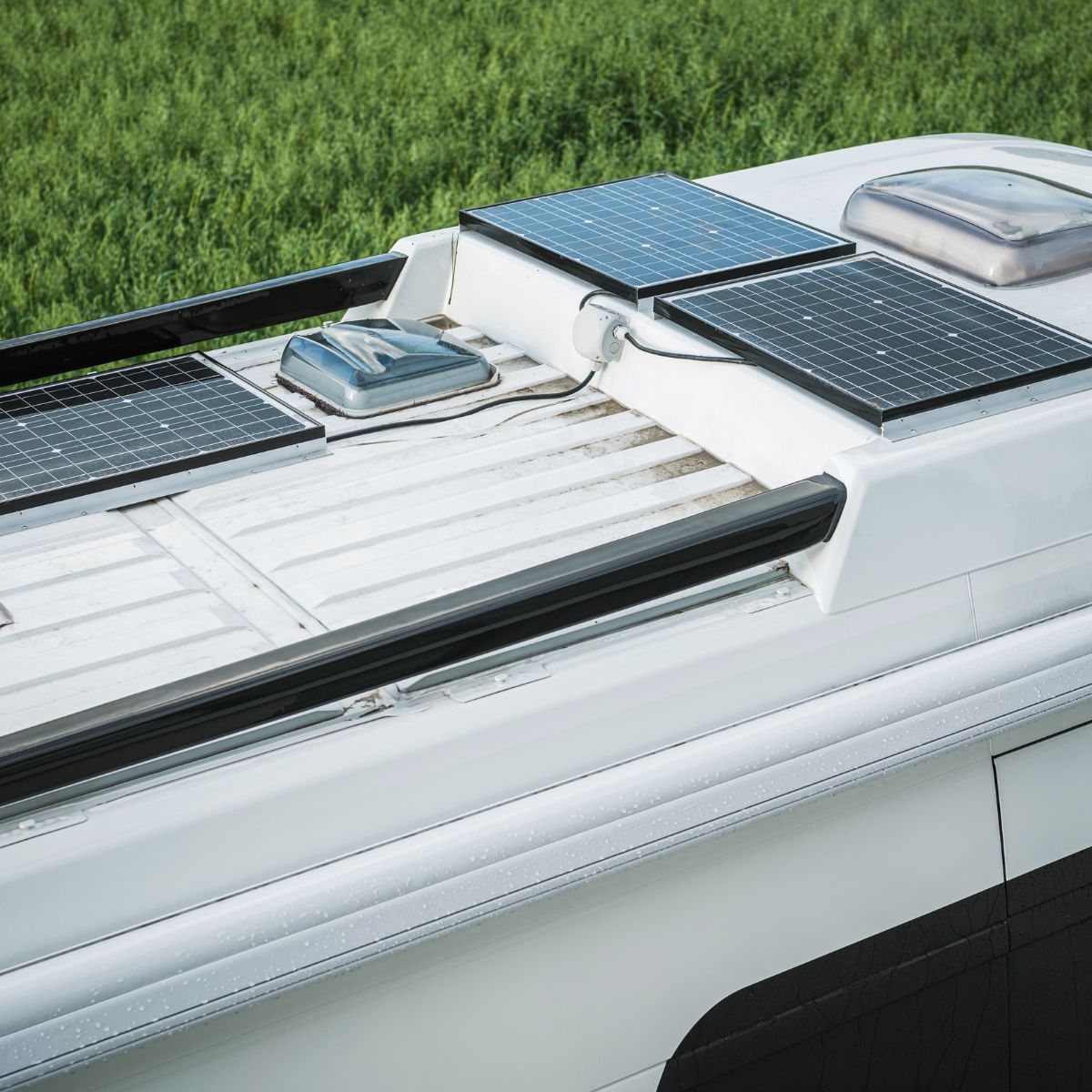
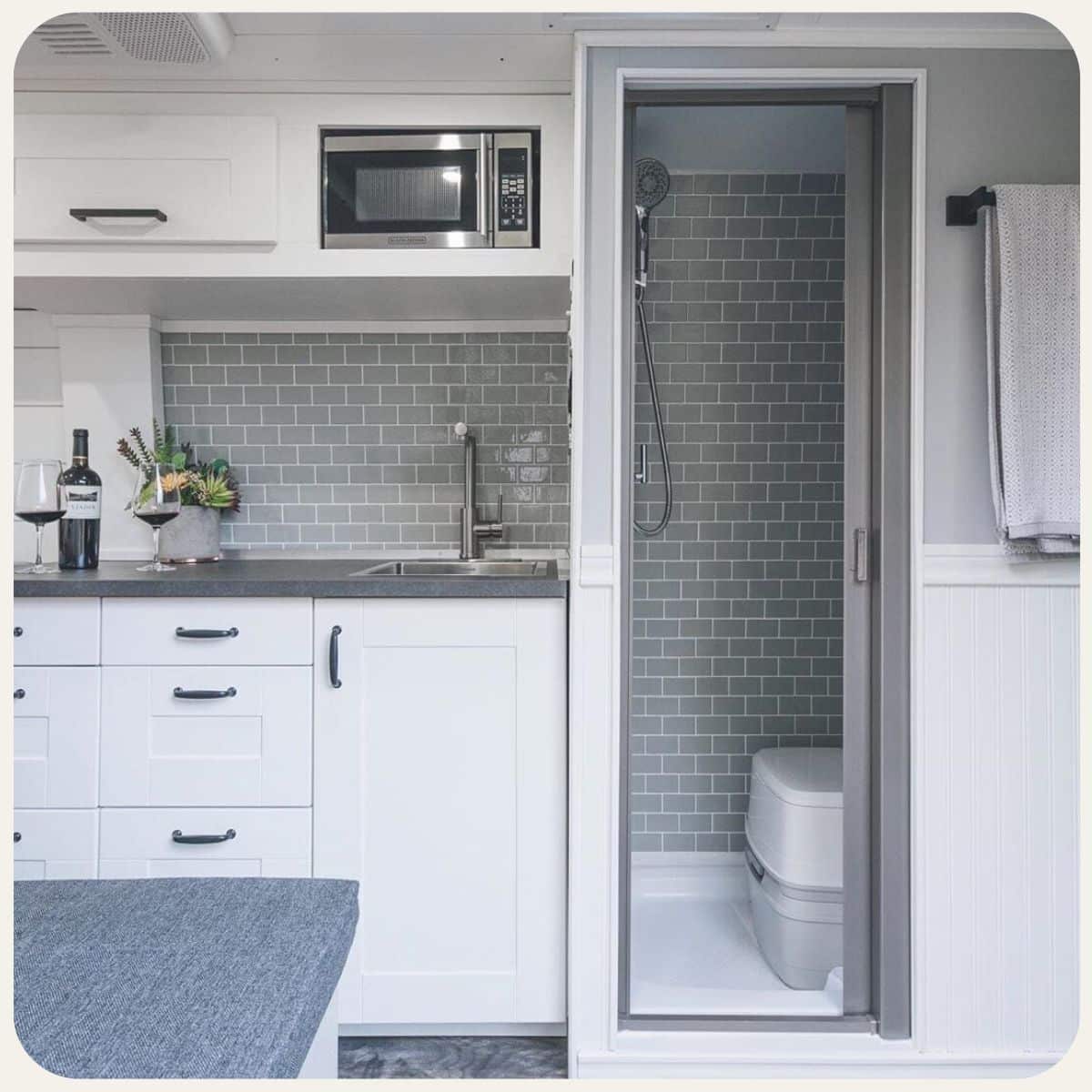

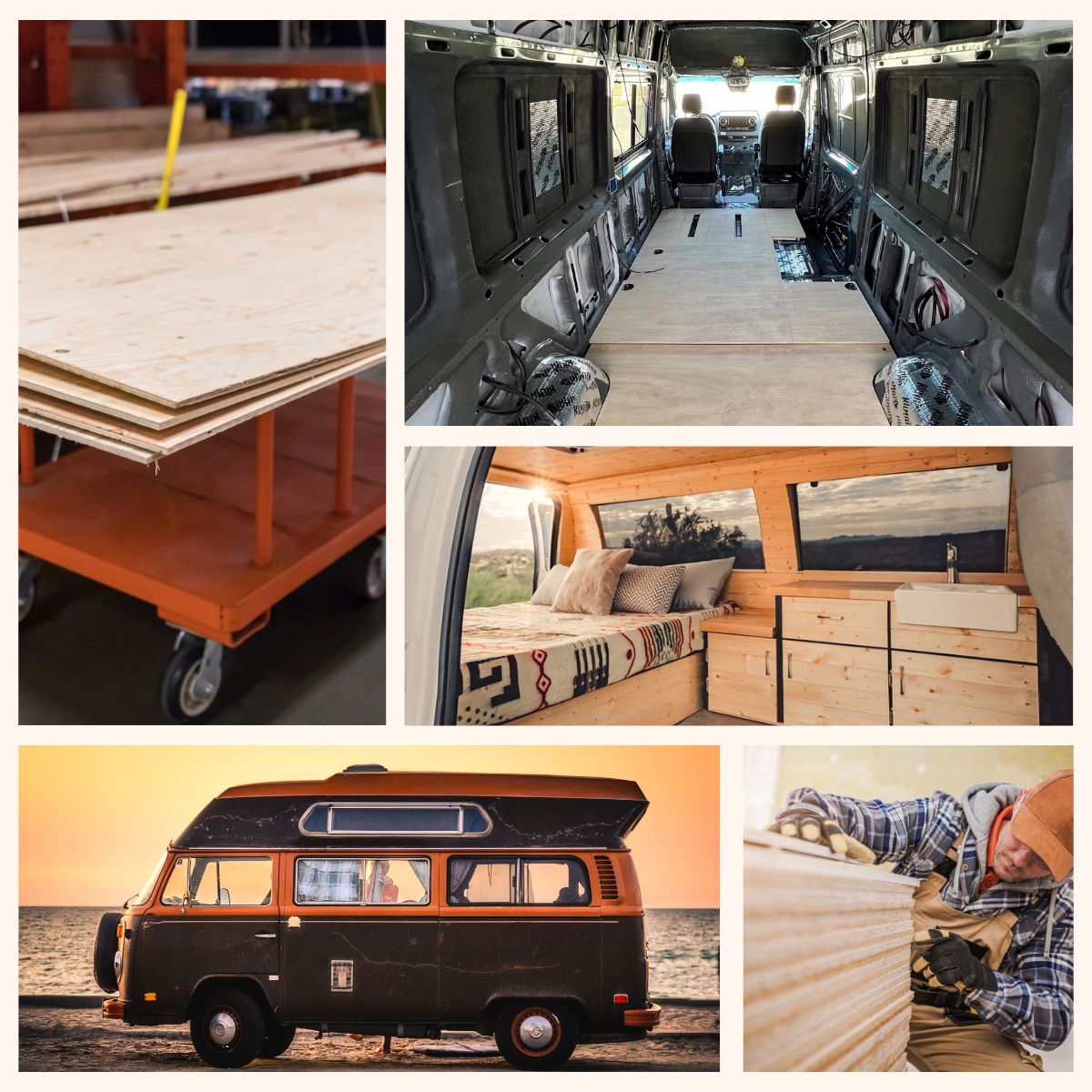
Leave A Comment